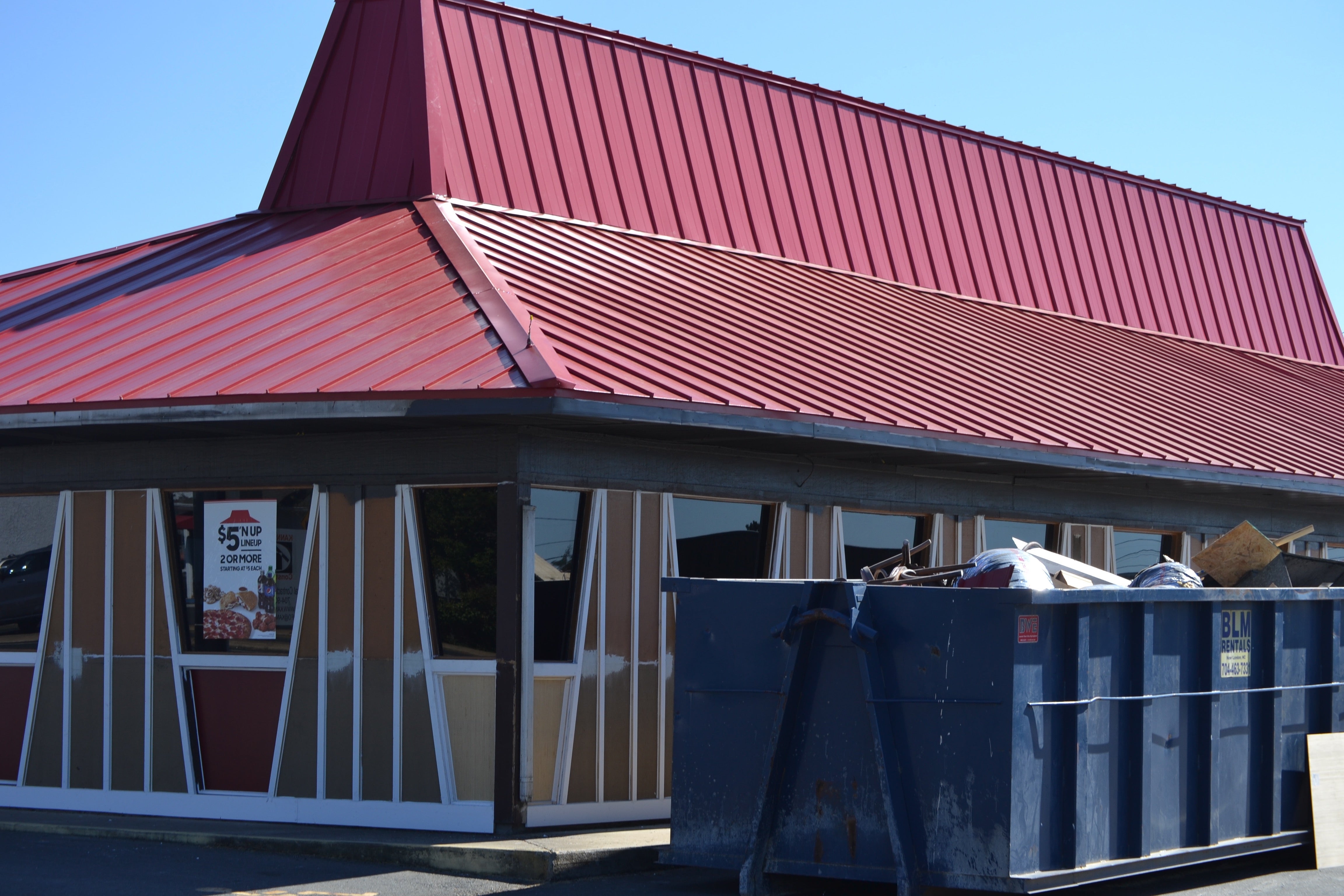SCS offers program for homeschool students
Published 5:57 pm Sunday, April 28, 2019
Stanly County Schools offers a program to support homeschool students in the county.
Stanly County Virtual Education, referred to as SCoVE, was implemented in August. SCoVE is viewed as another school in the county.
“We are supplementing what the homeschools are teaching,” said Nancy Hatley, director of SCoVE for SCS.
Trending
With SCoVE, students can choose the classes that interest them and the amount they want to take.
“SCoVE is a tailor-made, flexible schedule where the students choose what (courses) they need,” she said. “Students can take ownership of their learning.”
Superintendent Dr. Jeff James based SCoVE off a similar program at Iredell-Statesville Schools, where he once worked.
There are 16 homeschool students enrolled in the program, though there were as many as 25 enrolled earlier in the year, Hatley said.
Of the 16, two are elementary-school-age students, three are in middle school-and 11 are in high school.
Stanly County has a large number of homeschool students.
In the 2017-2018 school year, there were 703 homeschools in the county, with an estimated 1,089 students.
“That’s our target audience,” Hatley said.
Stanly homeschool students comprised 13 percent of the 8,026 total students in the county during the 2017-2018 school year and the 1,089 students was 150 percent larger than the biggest high school in the county, West Stanly, with 725 students.
Homeschool students can pick between three course options: seated classes, where they take classes at school; virtual classes; and a blend of both.
Of the 16 students taking SCoVE courses, three are taking seated, five are taking online and eight are taking a blend of both.
Students have taken seated classes in the high schools and middle schools, though elementary is an option.
In order to be in the program, students need to take a minimum of two classes.
Students that take seated courses must also take the same state-required tests of their public school peers.
If students take seated classes first thing in the morning, buses can take them to school, and if they take classes at the end of the day, buses will take them home. Students would still need to arrange for a parent to pick them up after their morning class and take them to school in the afternoon.
Students who have classes in the middle of the day would not receive school transportation.
Career and College Promise courses through Stanly Community College are also available.
Online classes are offered through groups such as the N.C. Virtual Public School and Stanly County Online for high school and Edgenuity for middle school.
If students take three classes (either seated, virtual or blended), they are allowed to participate in their geographic school’s extracurricular activities, such as clubs, prom, field trips and sports.
SCoVE also offers middle school students online courses, such as foreign language classes, that aren’t offered at the middle schools, Hatley said.
SCoVE is free, provided that the homeschool students have a computer. If they don’t, SCS will provide them a Chromebook for a $15 fee. Textbooks are also free for the students.
Last summer, SCS had an informational meeting with local homeschool families to talk about the new program and Hatley and James attended the Stanly-Montegomery Homeschool Association in August, where they handed out brochures.
Hatley has also been speaking about SCoVE at municipal council meetings around the county.
SCS hopes that next school year, with the help of several grants, it can have the technology to allow students (including those that are homeschooled) to be able to virtually participate in seated classes — similar to how someone can Skype in and be present during a conference meeting.
To learn more, visit stanlycountyschools.org and click on Schools or call Nancy Hatley at 704-961-3192.





